Space

Educators and Parents, Sign Up for The Cheat Sheet
Weekly updates to help you use Science News Explores in the learning environment
Thank you for signing up!
There was a problem signing you up.
-
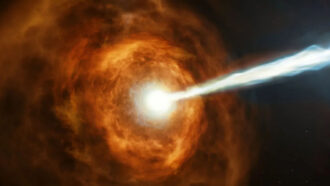 Physics
PhysicsScientists Say: Gamma ray
Lightning bolts, nuclear explosions, colliding stars and black holes all throw off this high-energy type of light.
-
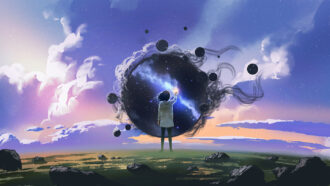 Tech
TechHuman teleportation? This century we’re stuck doing it virtually
If teleportation is defined as being transported instantly to another place, then it’s already happening — via extended reality and holograms.
By Payal Dhar -
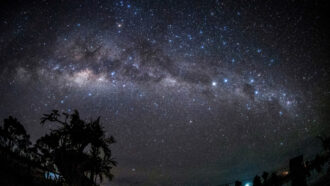 Space
SpaceLet’s learn about the Milky Way
At a glance, the Milky Way may look like just a disk of stars. But its structure is actually much more complex.
-
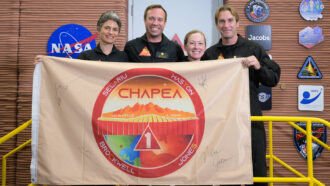 Space
SpaceFour researchers on Earth are spending a year on ‘Mars’
A crew of four entered Mars Dune Alpha in Houston, Texas. They will remain isolated inside for a year, living and working as if on the Red Planet.
By Payal Dhar -
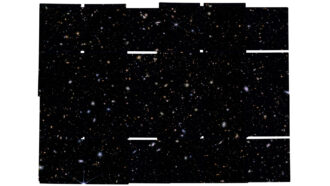 Space
SpaceNew telescope images may unveil stars fueled by dark matter
Three objects from the early universe could be hypothesized “dark stars,” researchers claim. But other scientists remain unconvinced.
By Skyler Ware -
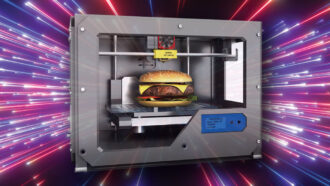 Tech
TechCould Star Trek replicators exist?
Experts break down what’s possible and what’s not for this classic science-fiction invention.
-
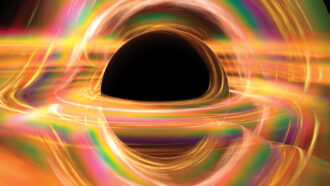 Space
SpaceWeird black holes may reveal secrets of the early universe
Emerging evidence points to the existence of rogue black holes and other cosmic oddities — such as big black holes in tiny galaxies.
-
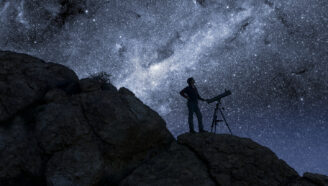 Space
SpaceExperiment: A puzzling parallax helps stargazers
In this project, we explore how perspective, or parallax, can be used to measure the distances to objects such as stars.
-
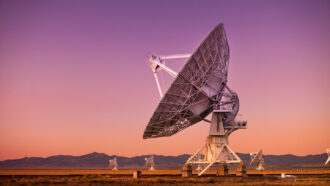 Physics
PhysicsScientists Say: Radio Waves
Lightning, stars, supermassive black holes and more give off radio waves.
-
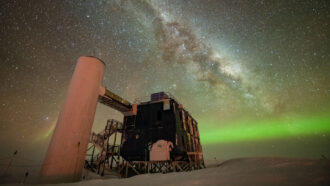 Space
SpaceGhost particles paint a new picture of the Milky Way
Scientists tracked neutrinos from space to create a new map of our galaxy. It’s the first image of the Milky Way to be made without light.
-
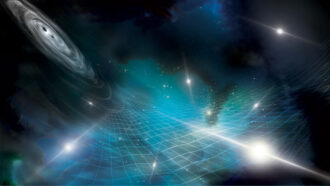 Space
SpaceNewfound gravitational waves may be from the biggest black holes in the universe
Observations of dead stars hint that ripples in spacetime — ripples light-years long — roll through our universe.
-
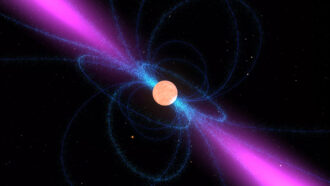 Space
SpaceScientists Say: Pulsar
These rapidly spinning dead stars send beams of radio waves into space like cosmic lighthouses.
By Skyler Ware